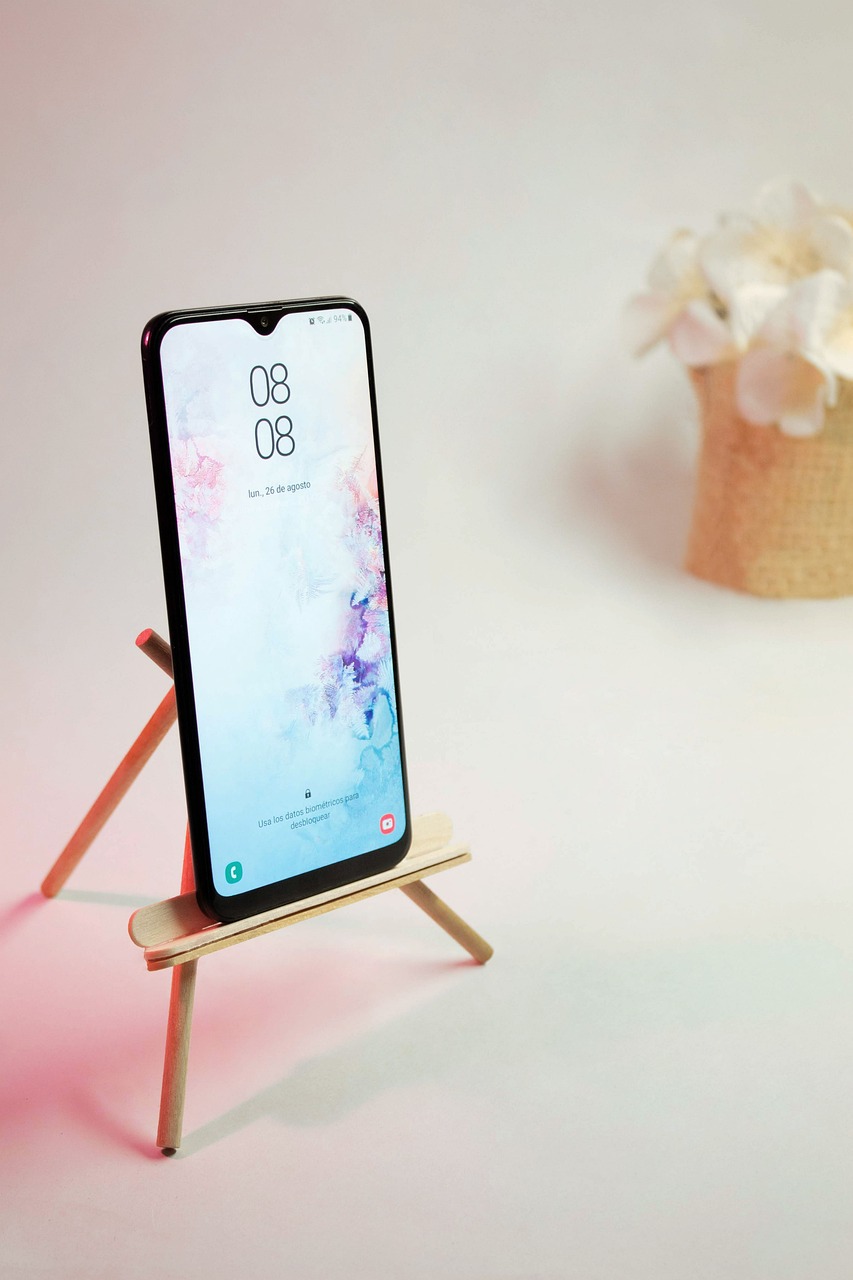
Best Mobile Security Tips To Protect Your Personal Information
Keep your personal information safe with these Mobile Security tips. Use a strong password or fingerprint lock. Avoid using public Wi-Fi for banking or shopping. Install apps only from trusted sources.
Keep your phone’s software updated. Enable two-factor authentication for extra security. Be careful with links in emails or messages. Do not share personal details on unknown websites.
Use a security app to scan for threats. Backup your data regularly. If your phone gets lost, use a tracking feature to find or erase it. Stay alert and protect your data
Understand the Importance of Mobile Security
Mobile security is important. Phones store personal data like bank details and emails.
Cyber threats are increasing. Protecting your phone keeps your data safe.
Weak security can cause identity theft, money loss, and hacked accounts.
Knowing risks and taking action helps prevent cybercrime.
1. Use Strong Passwords for Mobile Security
A strong password protects you from hackers. For example, avoid simple ones like “123456” or “password.”
Instead, use a mix of letters, numbers, and symbols. Also, do not include your name or birthday. Furthermore, each account needs a different password.
In addition, a password manager can help store and create strong passwords. Moreover, change them often and never share them.
As a result, strong passwords keep your phone, apps, and data safe. Ultimately, they help block hackers and prevent unauthorized access.
2. Enable Biometric Security
Biometric security protects your phone. For example, fingerprint and face recognition make unlocking harder for others.
Unlike passwords, biometrics cannot be guessed or stolen. Moreover, most phones have these features, and turning them on is easy.
In addition, biometrics unlock your phone faster. If your phone is stolen, no one can access it without your fingerprint or face.
For even better security, use biometrics with a strong password. This extra step keeps your data safe from hackers.

3. Keep Your Phone Updated
Updating your phone improves security. For example, updates fix bugs and weak spots.
Otherwise, hackers target outdated software to steal data. Therefore, regular updates keep your phone safe.
Fortunately, most phones allow automatic updates. So, turn them on for the latest security fixes.
However, if your phone is too old, consider a new one. Similarly, update apps, as old ones have risks.
In conclusion, keeping your phone and apps updated prevents cyberattacks. As a result, it protects your data from hackers.
4. Avoid Public Wi-Fi
Public Wi-Fi is easy to use, but on the other hand, it is unsafe. Hackers can steal data.
Therefore, avoid logging in or making payments. However, use a VPN if needed.
In addition, never enter passwords or bank details. Hackers can spy on open networks.
Instead, use mobile data if possible. Above all, stay careful to keep your information safe.
5. Install Trusted Security Apps
Security apps protect your phone from threats. Therefore, choose trusted apps from known developers.
For example, use antivirus or anti-theft tools. They block malware and phishing scams.
Meanwhile, avoid apps from unknown sources. Otherwise, they may have viruses or spyware.
Additionally, check reviews and permissions before installing. Security apps can help find or erase lost phones.
Overall, good security software adds extra protection. As a result, installing trusted apps keeps your data safe.
6. Lock Your Phone When Not in Use
First and foremost, always lock your phone to keep it safe. For example, use a PIN, pattern, password, or biometrics.
If your phone is lost or stolen, a locked phone protects your data. Therefore, turn on automatic screen lock.
Additionally, never leave your phone unattended in public. Otherwise, an unlocked phone gives access to emails and bank apps.
Above all, locking your phone is simple but important. As a result, this habit prevents data theft and keeps your information safe.
7. Limit App Permissions for Mobile Security
Apps ask for access to your data, like location or contacts. Be careful with permissions.
Allow only what the app needs. Check settings and remove extra access.
Some apps collect data without permission. Too many permissions increase risks.
If an app asks for too much, it may be unsafe. Download only trusted apps.
Limiting permissions keeps your data safe.

8. Back Up Your Data Regularly
Backing up data prevents loss from theft, damage, or hacks. Use cloud storage or a hard drive.
Turn on automatic backups to save data easily. If your phone is lost or hacked, you can restore files.
Backups protect contacts, photos, and documents. Hackers use ransomware to lock devices.
A backup helps you recover without paying. Regular backups keep your data safe.
9. Watch Out for Phishing Scams
Phishing scams trick you into sharing personal data. Scammers send fake emails or messages.
They ask for passwords or bank details. Never click on strange links or files.
Check the sender’s email for mistakes. If unsure, contact the company.
Use security software to detect phishing. Be careful with messages asking for personal data.
Hackers steal information through phishing. Stay alert to protect your accounts.
10. Use a VPN for Extra for Mobile Security
A VPN makes the internet safer. It encrypts your connection to protect data.
VPNs help on public Wi-Fi, where hackers steal information. Many work on mobile devices.
Choose a trusted VPN for privacy. It hides your location and IP address.
A VPN keeps your activity private. Use it for browsing, shopping, or emails.
A VPN protects your data from cyber threats.





hi sir